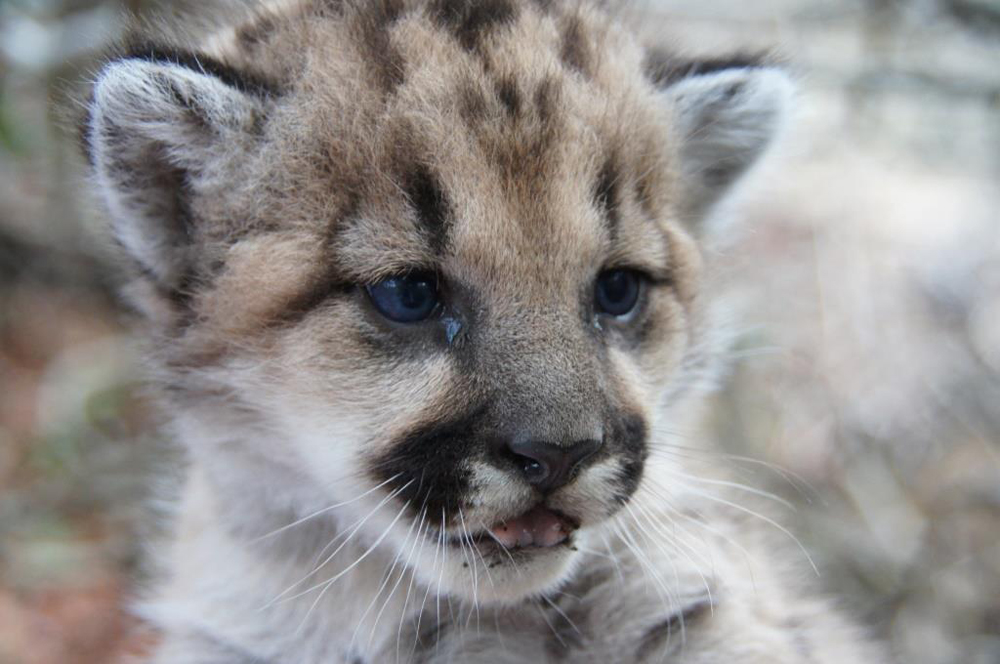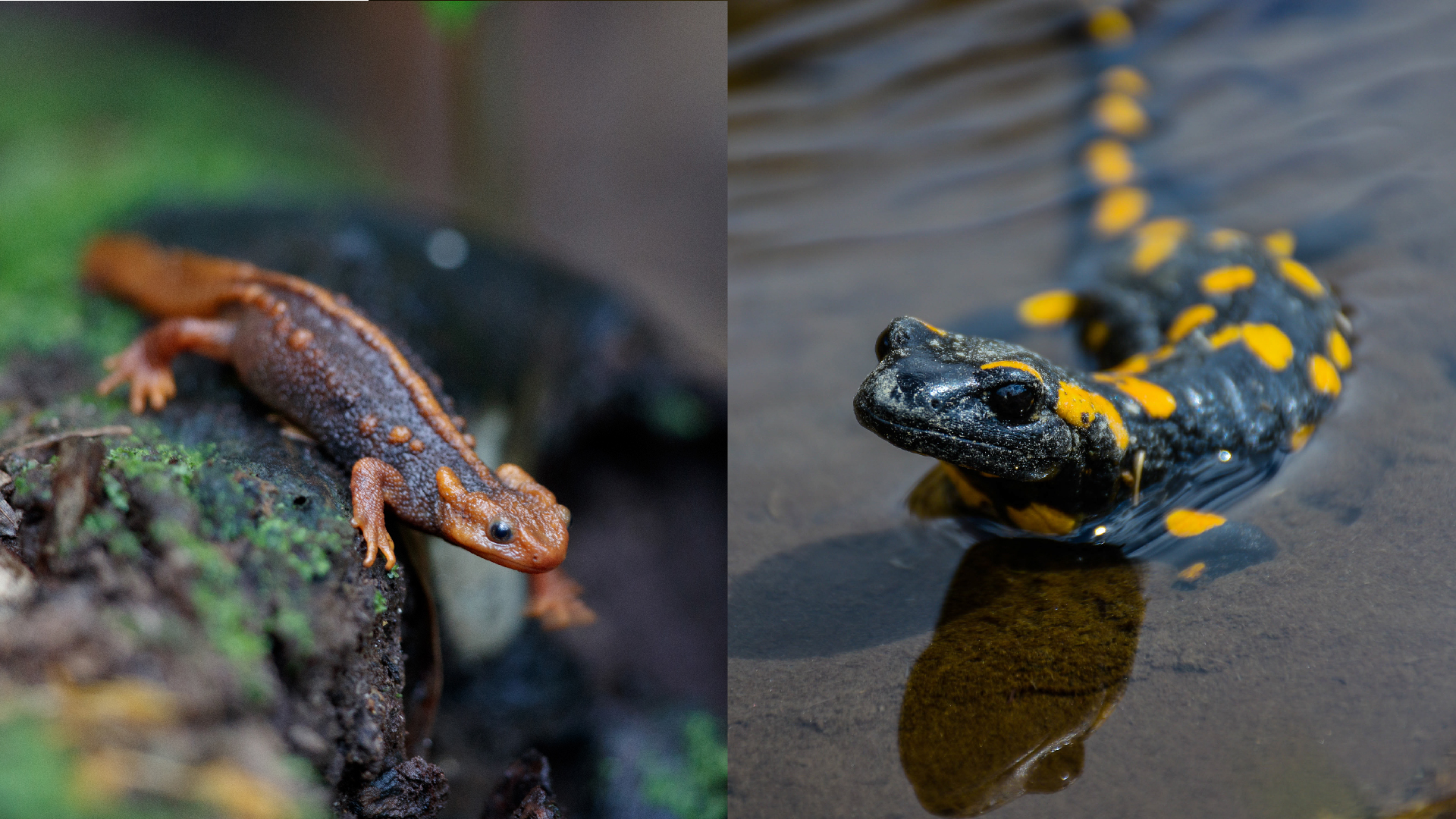Habitat Fragmentation Causes Inbreeding in California Cougars

Three mountain-lion cubs born recently in Southern California have been identified as inbred, adding to a growing list of inbreeding cases amongst these animals as a result of habitat fragmentation in this region, according to a statement from the National Park Service.
The three cubs — two females and one male — were born last month in the Santa Monica Mountains outside Los Angeles. Researchers at the University of California, Los Angeles, conducted preliminary DNA tests on all three of the cubs and their parents to identify their genetic makeup, and found that the cubs' father was also the father of their mother. [World's Cutest Baby Wild Animals]
This is the third of six mountain-lion litters that the researchers have identified as inbred over the past decade or so, the Los Angeles Times reported yesterday (Jan. 9).
"Unfortunately, this litter of kittens is the latest example of first-order inbreeding, in which a father mates with his offspring," Seth Riley, an urban wildlife expert at Santa Monica Mountains National Recreation Area, said in a statement. "Allowing safe passage from the Simi Hills into the Santa Monica Mountains is our best shot at addressing the lack of genetic diversity in the local population."
The main source of habitat fragmentation in the area is U.S. Route 101, a major freeway that runs through the Santa Monica Mountains. Last October, an adult mountain lion (also called a cougar) was struck and killed by a car while trying to cross the road, demonstrating the dangers the road poses to the cats as they try to navigate the region.
The National Park Service has proposed several different solutions to help create a safe corridor for the cats across the freeway over the years, such as building wildlife overpasses, which have not yet been built. Most recently, the NPS proposed a $10 million underpass system that would create safe corridors underneath the freeway, but the agency has yet to secure funding for the project.
The new kittens appear healthy, according to the National Park Service. Still, inbreeding can lead to health problems later in life, and leads to overall lower genetic diversity in animal populations. This can ultimately weaken a population's resilience against environmental change and other stressors, since individuals within a population begin to share overlapping vulnerabilities.
Get the world’s most fascinating discoveries delivered straight to your inbox.
Roughly 4,000 to 6,000 mountain lions currently roam throughout California, according to the California Department of Fish and Wildlife, and they increasingly face problems associated with habitat fragmentation across the state as a result of increased development of natural areas.
Follow Laura Poppick on Twitter. Follow us @livescience, Facebook & Google+. Original article on LiveScience.

